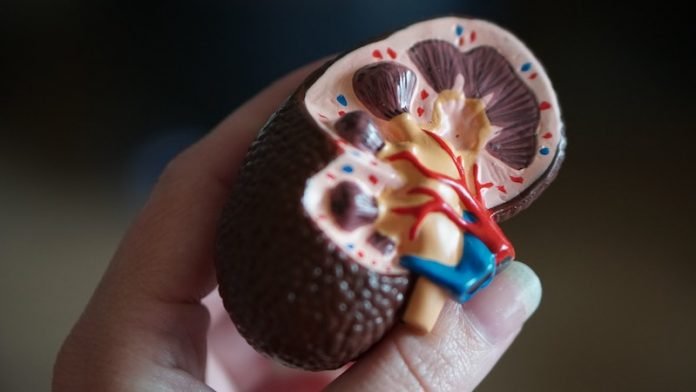
In a new study from Australian National University, researchers found have identified a gene that shows the kidney has its own way of resisting damage.
They sequenced the genome of patients with autoimmune kidney disease and Tiwi Islanders with extremely high rates of kidney disease.
The researchers found a mutation in the gene VANGL1 can cause the development of kidney disease. Further testing also revealed the gene helps prevent the immune system from attacking the kidney.
They conclude that patients with this mutation will be significantly more likely to develop kidney disease.
This discovery has big implications for Tiwi Islanders. They have the highest recorded rates of kidney disease in the world.
Their rates are four times the rates of other mainland Indigenous Australians and about 11 times that of non-Indigenous Australians.
In the study, the team found this mutation is highly prevalent in Tiwi Islanders who have a high rate of kidney disease.
The team says about 15% of the population have the mutation but when it is coupled with an inflammatory disease it permits damage to the kidney.
When you have a systemic immune or inflammatory disease, this mutation allows the immune system to attack the kidney. The natural function of this gene is to slow that inflammatory process down.
People think immune diseases such as lupus happen to attack the kidneys by chance. What the researchers have actually shown for the first time is that kidney has its own way of resisting or stopping that assault.
The protective mechanism of this gene is inherent to the kidney and it has implications for Indigenous populations and for patients undergoing kidney transplants.
If you care about kidney health, please read studies about vegetables that may protect against kidney damage in diabetes, and findings that weight change may harm people with kidney disease.
For more information about kidney health, please see recent studies about drug duo that may treat kidney failure, and results showing that this drug may prevent kidney failure in people with diabetes.
The study is published in Cell Reports Medicine. One author of the study is Dr. Simon Jiang.
Copyright © 2021 Knowridge Science Report. All rights reserved.



